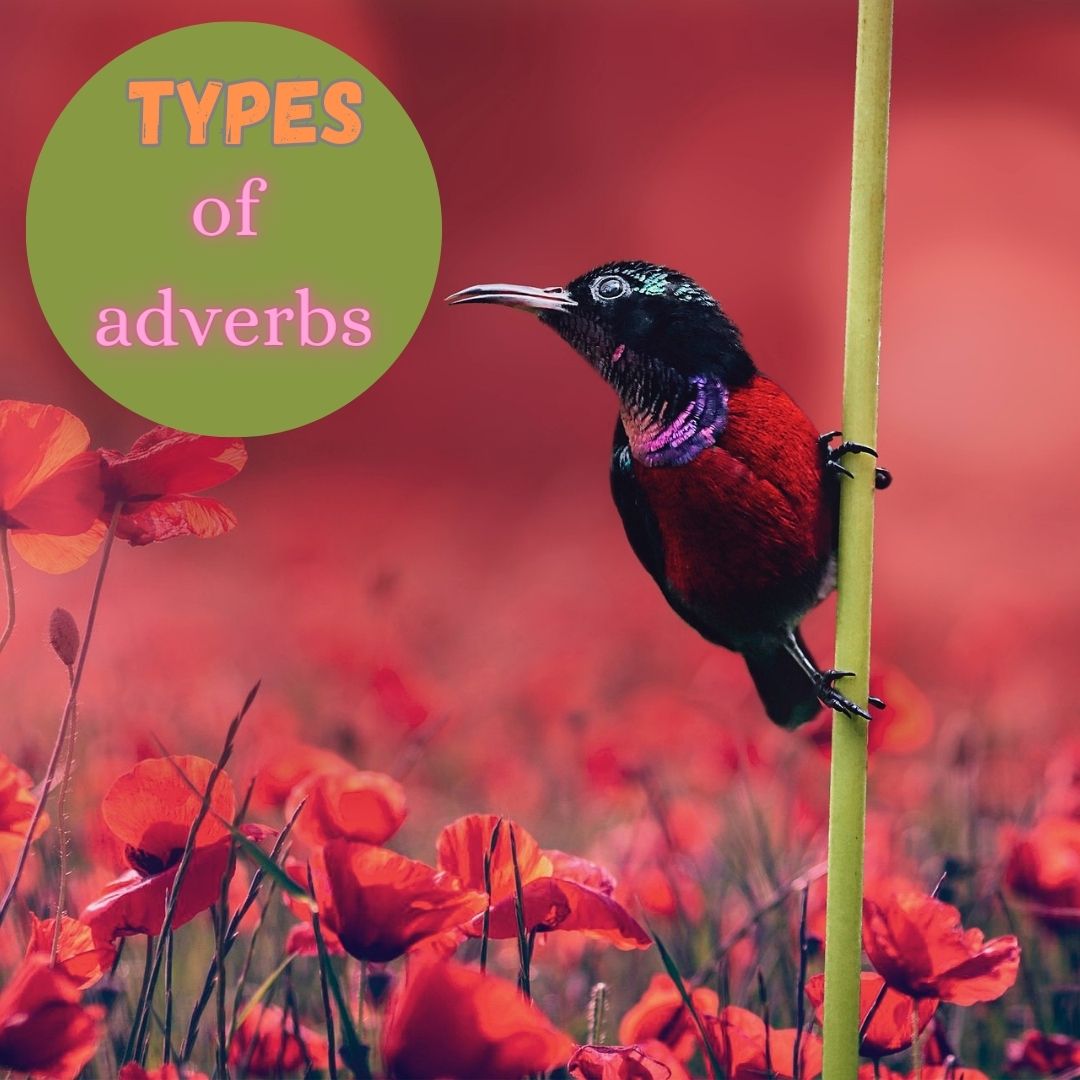Tag: to

Preposition – “To”
The preposition to is a versatile word in English with several meanings and uses. Here are some of the most common meanings and uses of to: destination, movement, direction, time, purpose, range, giving, as a part of infinitive verb and ets.

Prepositions – “Beside” and “Besides”
Preposition beside with the meaning next to or to the side of something: Here are some examples of how the preposition beside can be used to indicate something is located next to or to the side of something else: Preposition besides with the meaning apart from and as well as or in addition to: The preposition besides can have two distinct meanings: apart from and as well as. Here are examples of how besides can be used in both contexts:

Preposition – “Across”
Across with the meaning – through or from one side to another: The preposition across can often be used to mean through or from one side to another. Here are some examples to illustrate its usage: The hikers trekked across the dense forest. (Meaning: The hikers walked through the dense forest.) The river flowed across the valley. (Meaning: The river flowed through the valley, from one side to another.)

The Categories of Adverbs
In linguistics, adverbs are words that modify or describe verbs, adjectives, or other adverbs, providing additional information about how, when, where, or to what extent an action or quality occurs. Adverbs can be classified into various categories, including simple adverbs and derivative adverbs.

The Infinitive-Non-Finite form of the Verb
The infinitive is a verb form that typically uses the word to before the base form of the verb. For example: to run, to walk, to eat, etc. The infinitive form is often used as a noun, an adjective, or an adverb in a sentence.